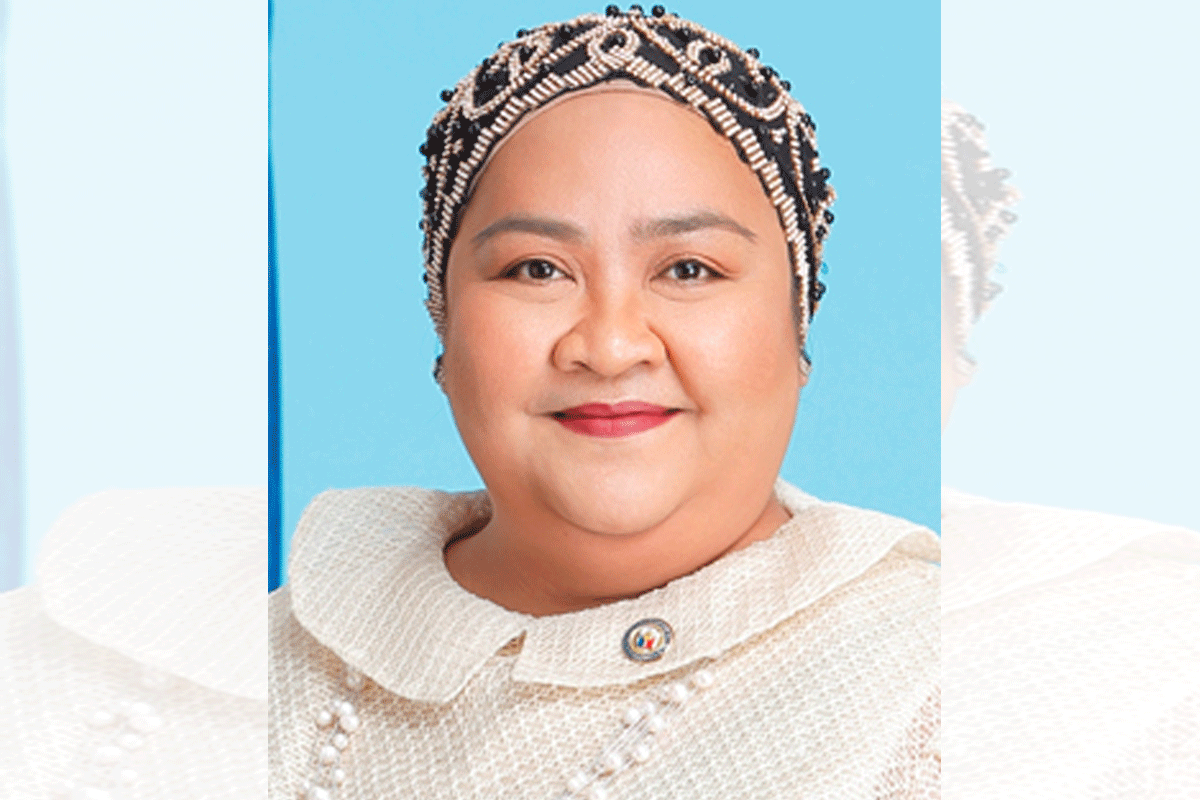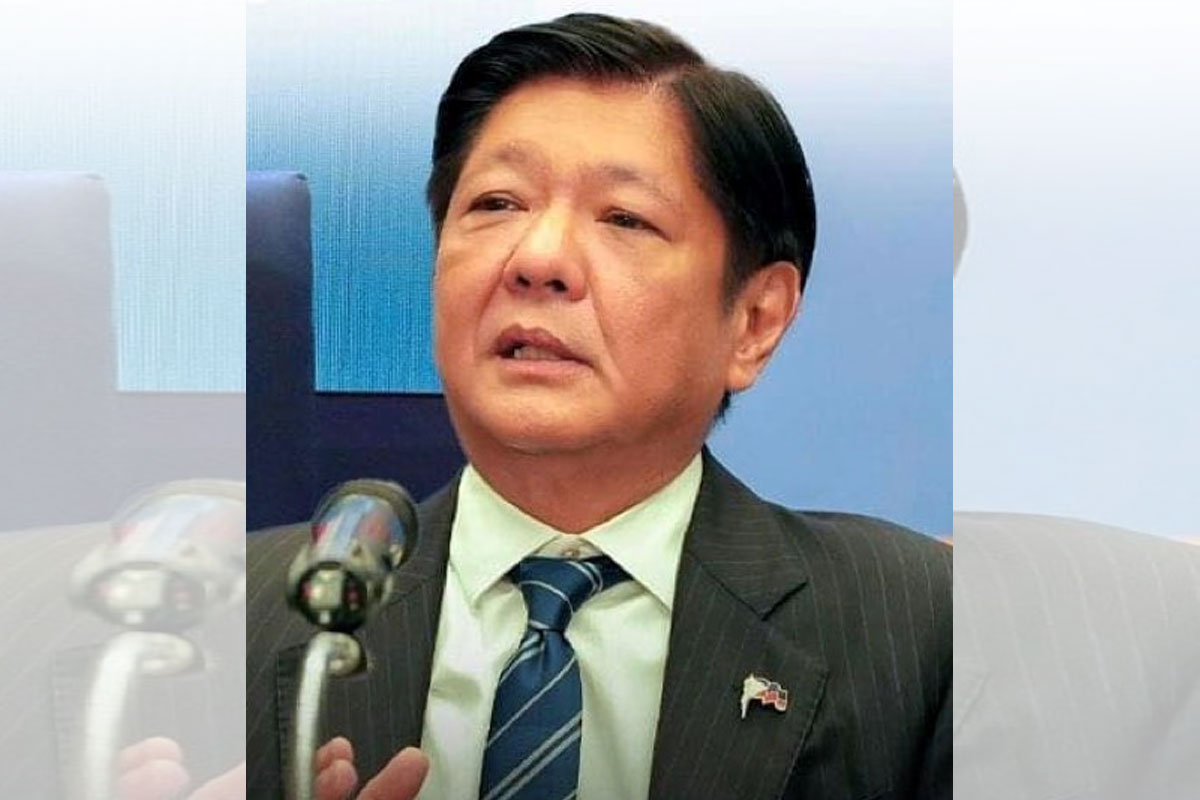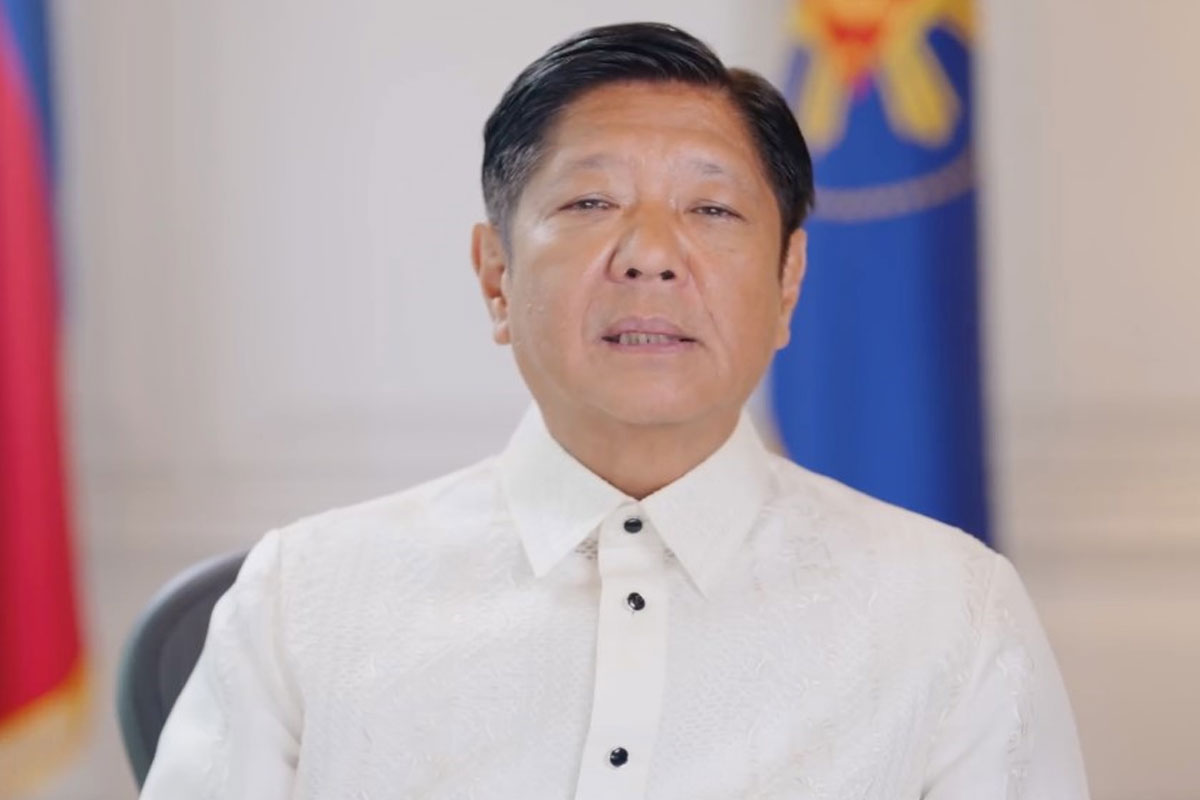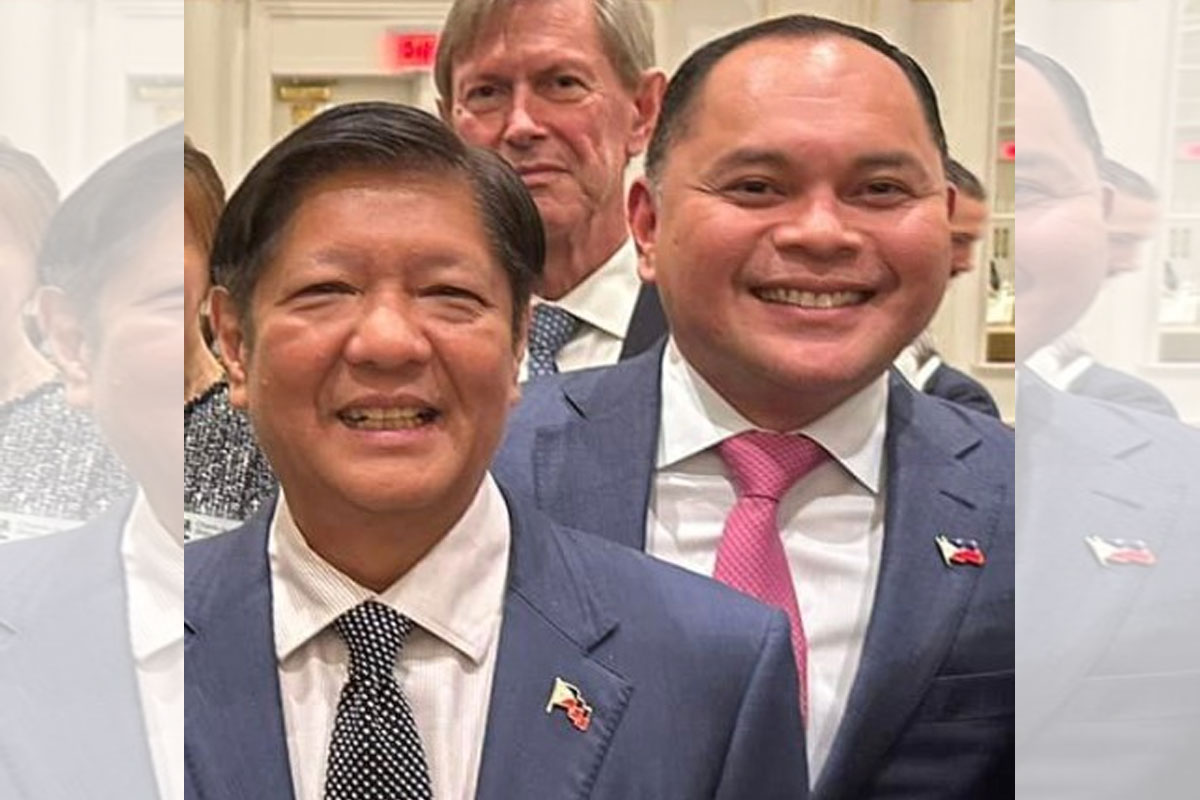
Inquiry on BARMM tribes’ struggles sought
ANAK Mindanao (AMIN) party-list group is calling for an inquiry on the implementation of the Bangsamoro Organic Law (BOL) that are related to the indigenous cultural communities and peoples in the Bangsamoro Autonomous Region in Muslim Mindanao (BARMM).
AMIN Rep. Amihilda Sangcopan on Monday, June 28, 2021, submitted House Resolution (HR) No. 1926 enjoining the House committee on indigenous cultural communities and indigenous peoples to conduct an inquiry, in aid of legislation, on the struggles of various indigenous tribes in the BARMM areas, including the spike of killings of non-Moro IP leaders despite the existence of Republic Act (RA) 11054 otherwise known as the Organic Law for the Bangsamoro Autonomous Region in Muslim Mindanao and RA 8371, or the ‘Indigenous Peoples’ Rights Act of 1997” or IPRA.
In the said resolution by Sangcopan, it stated that immediately after the signing of RA 11054, the number of killings of non-Moro IP leaders and farmers in the autonomous region began to escalate.
According to Sangcopan, it is an alarming, as well as a heart-breaking reality that Bangsamoro tribes such as the Tedurays, Lambangians, Dulangans and other non-Moro IPs continue to struggle despite their outpouring support to the ratification of RA 11054 in 2018.
“Masakit po para akin na malaman na ito ang naging kapalit sa mainit nilang pagsuporta noon para maisabatas ang Organic Law ng Bangsamoro. Umasa sila at naniwala na mapoproteksyonan ng batas na ito ang kanilang mga karapatan bilang mga katutubo, ang kanilang buhay, at maging ang kanilang mga ancestral domains. They also hoped to have meaningful representation in the Bangsamoro Government and other government structures, pero tila nabalewala ang lahat ng ito,” said Sangcopan.
She added that tribes folks continue to be driven away repeatedly from their ancestral lands by lawless armed groups instigating conflicts and harassments resulting to the deaths of several non-Moro IPs.
“Three years after effecting the Organic Law, the clamor of our IP tribes in BARMM for inclusive governance, recognition, and protection of their human rights and the implementation of their customary laws and practices without force, intimidation, or violence still remain elusive and unattainable,” said Sangcopan.
“This is why I am also calling for review of the implementation of the provisions of BOL not to tarnish its noble intentions, but to determine how else we can effectively achieve the purpose of the law and to better strengthen the existing mechanisms under it,” Sangcopan said.
Section 3, Article I of RA 11054 Republic Act No. 11054 (RA 11054), otherwise known as the “Organic Law for the Bangsamoro Autonomous Region in Muslim Mindanao,” promises to provide basic structure of government to recognize the legitimacy of the cause of the Bangsamoro people and the aspirations of Muslim Filipinos and all indigenous cultural communities in BARMM.
RA 8371 or IPRA, on the other hand, expressly recognizes the rights of the IPs and mandate the promotion and protection of their rights.

















